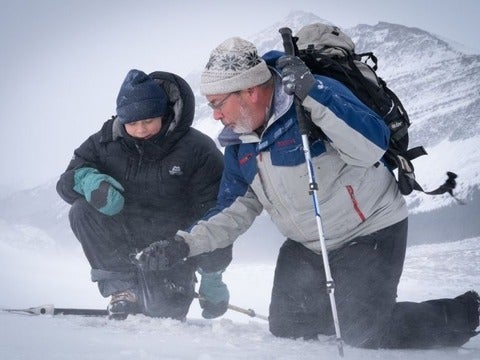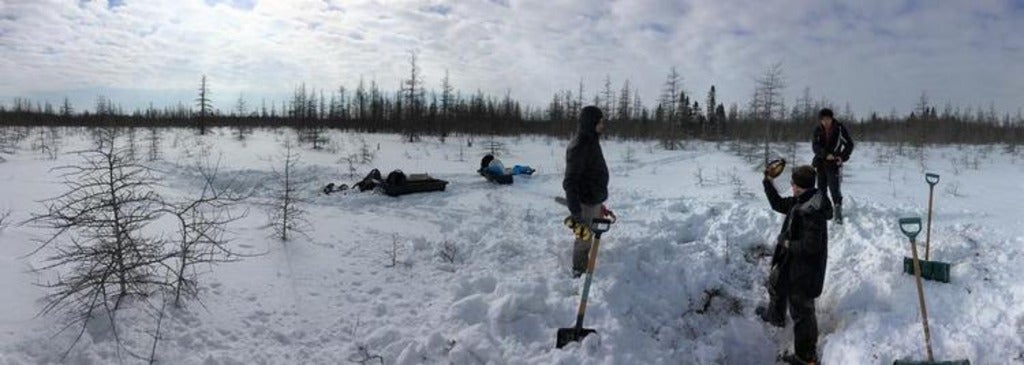Ontario viticulture must plan for the changing climate
Canadian wine is a $11 billion industry and has experienced substantial growth over the past decade. In the past, its success has hinged on grape growers and winemakers having a thorough understanding of the region’s climate, soil, and terrain because even small deviations can have detrimental impact on yield and quality. Now they must also consider climate change and its impact on vineyards.
Jessica Williamson, a doctoral student in the Department of Geography and Environmental Management, is researching the hydrological processes that affect grapevine development and success.










